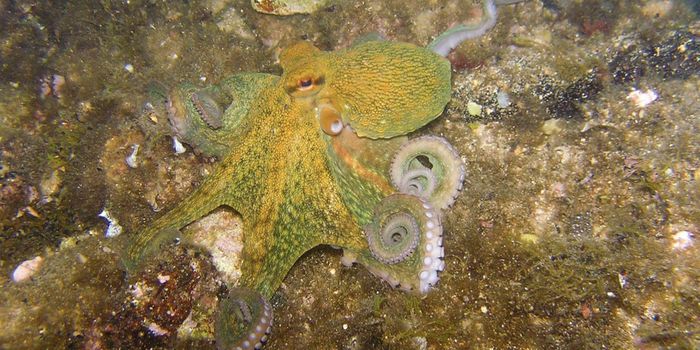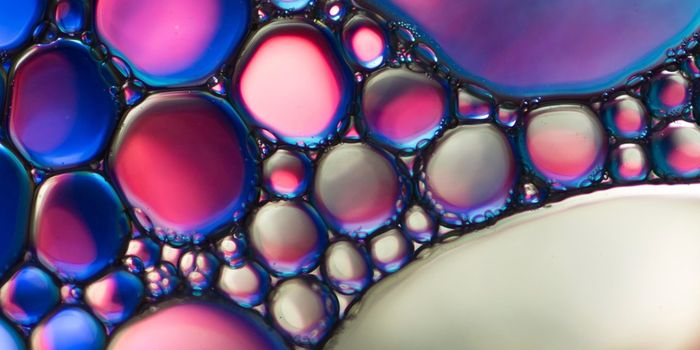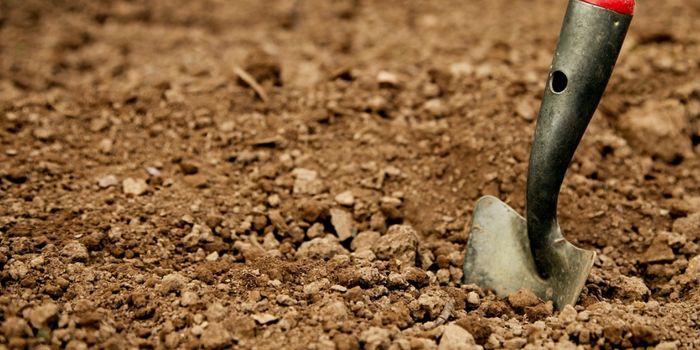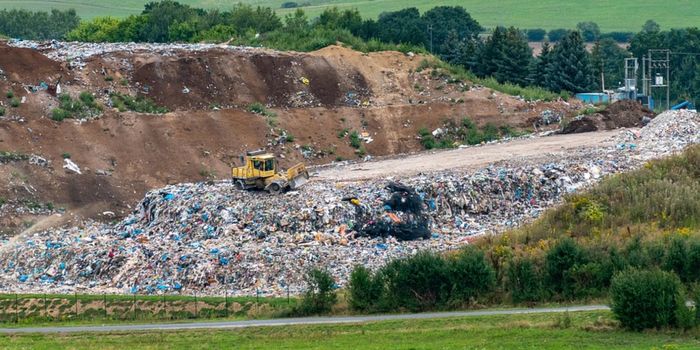Scientists Warn That it's Time to Start Monitoring Microbial Movements
Humans carry millions of microorganisms around everywhere they go; bacteria and other microbes live on our skin and in our bodies, impacting our lives in ways that are turning out to be incredibly important. We also share the planet with myriad microorganisms, which grow everywhere, and are now being transported around the world with unprecedented expediency. These microbes move in us, in our machines, and in our waste, among other things.
Microbes face the same selection pressures that animals do; some are adept at surviving and can change to suit their environment, while others don’t fare so well and might die off because they can’t make it where they end up. However, some of the microorganisms facing extinction might be important, and worth saving, especially if we are to stay healthy ourselves.
"Yes, our survival may depend on these microbial winners and losers," noted an international team of researchers in a paper published in the journal Science.
Bacteria don’t only influence human health when they live in our gastrointestinal tract; they are also critical to our survival as important producers of oxygen. "The oxygen we breathe is largely made by photosynthetic bacteria in the oceans (and not by rainforests, as is commonly believed)," explained Macquarie University biologist Michael Gillings. The video below has more on that topic.
"Over 95 percent of the poo in the world comes from humans and the animals we farm. And our poo is traveling around the world with a billion tourists, spreading microbes and antibiotic resistance genes."
The human population has exploded, and our associated bacteria have grown along with us. But we have not maintained nature’s way of doing things. "Until 100 years ago all the nitrogen in our food came from bacteria we nurtured in our crops. Now more than half comes from artificial fertilizers," Gillings continued. Not only that, we’re transporting these microbes to new places.
"And we're moving trillions of ocean microbes around the world in ballast water. Some one hundred million tons of ballast water are dumped in US waters each year. We know they're introducing foreign starfish, sea snails, and seaweed. But we don't know what invisible changes they're making to ocean microbes," said Gillings.
The investigators are therefore calling for us to pay attention to these microbial movements. They suggest that people model the changes we make to the microbial world, and assess the potential impacts. They also suggest improving manure applications and the treatment of wastewater to limit the spread of antibiotic resistance genes and halt the spread of microbes.
"Microbes usually perform their essential ecosystem services invisibly, but we ignore them at our peril," said the researchers.
Sources: AAAS/Eurekalert! via Scienceinpublic, Science









